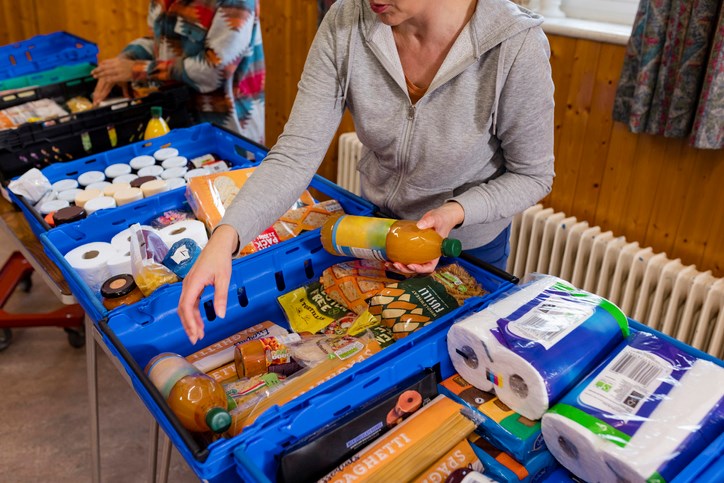The province is funding $5 million for Food Banks BC and the Public Health Association of BC (PHABC) to help people in northern B.C. who are struggling to put food on the table.
"Rural and remote communities in northern B.C. face extra barriers getting affordable and good-quality fresh food," said Sheila Malcolmson, Minister of Social Development and Poverty Reduction. "
“We are taking action, listening to people on the ground and working hard with local groups to support the great work they are doing in northern communities. Our $5 million in funding will help local groups meet the increasing demand for fresh, nutritious food by working together."
Food Banks BC and PHABC will support local food-access projects developed by organizations from northern B.C. that understand the unique challenges faced by rural, remote and First Nations communities.
The organizations will set up regional networks of non-profit groups, businesses, all levels of government, the agricultural sector and other partners to collaborate to expand access to food.
The funding will be given out through grants available in 2024.
"This funding is a significant investment toward enhancing dignified, sustainable food access for communities in the North, and comes at a time when we see British Columbians turning to food banks in record numbers," said Dan Huang-Taylor, executive director, Food Banks BC.
"We look forward to continuing to work in collaboration with the provincial government and partner stakeholders throughout northern B.C. as we collectively work toward a hunger-free British Columbia."
The funding will also be used to expand the approach of a Resilient North research project to investigate food access in other regions in B.C.
A new research project will be funded to capture the needs of target groups, such as seniors, immigrants, refugees, 2SLGBTQIA+ people, and Indigenous, Black and people of colour.
The goal is for decision-makers to listen to the voices and stories of these target audiences to develop programs that provide dignified food access.
Food insecurity has increased due to inflation, supply-chain issues and climate emergencies, such as fires and floods, that interrupted food supply and production.



